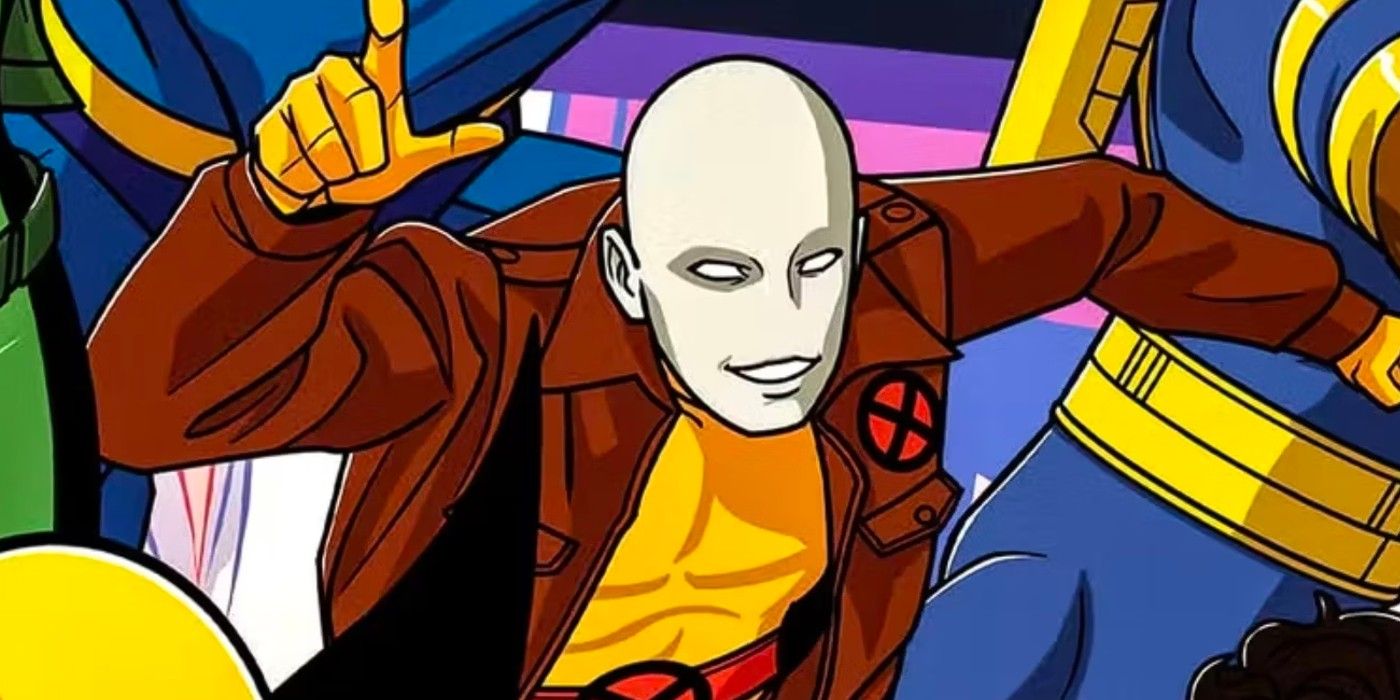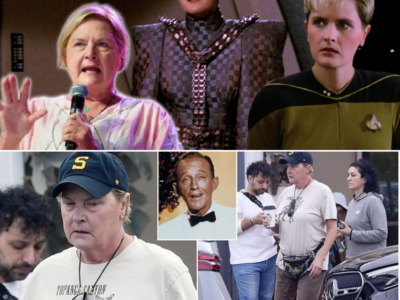J.P. Karliak, who voices Morph on the new X-Men ’97 TV show, opens up about the character receiving backlash after being described as non-binary.

X-Men ’97 TV show voice actor J.P. Karliak responds to the Marvel backlash over the animated show describing Morph as non-binary. After several decades, X-Men: The Animated Series has returned in the form of a sequel series, titled X-Men ’97, referencing when the show went off the air. With this being the first X-Men-focused project for Marvel Studios, X-Men ’97 is not only tapping into the pre-existing audience, but also bringing in a new generation of viewers.
After premiering the first two episodes of X-Men ’97 this month, it has already emerged as a major victory for Marvel Studios, as the Disney+ animated series is receiving critical acclaim. In an interview with Comic Book Resources, Karliak gave his thoughts about the backlash that emerged regarding the X-Men ’97 TV show making Morph a non-binary character, stating the following:
No. [laughs] I’m a queer activist. I run a nonprofit that advocates for queer representation. I also co-founded a voter registration organization. I know what’s going on in the world, especially politically, so no, it didn’t surprise me at all. [laughs] I think what I appreciated was how much counter-backlash there was, with people like ‘Have you watched the X-Men? Are you familiar with why they were created and what they’re about? Did you forget that?’ That was reassuring. I haven’t really taken offense with anything anybody’s published, as much as they’ve tried. [laughs] There was one article that called me a radical queer activist and listed the insidious mission statement of my organization [Queer Vox] — verbatim of what was on the website. I was like ‘Facts. No lies here, thanks for the promotion!’
X-Men ’97’s Original Non-Binary Backlash Explained
Prior to X-Men ’97 launching on Disney+, it was revealed that Morph, who appeared in X-Men: The Animated Series, would be defined as a non-binary character for the sequel. This led some to accuse X-Men ’97 of adding a “woke” agenda to the franchise, feeling that Marvel Studios was forcing inclusion upon them. However, the “woke” accusations have a particular irony when aimed at the X-Men series in particular.
Since the inception of the X-Men in the comics, the mutants have always been an allegory for marginalized voices, including the LGBTQ+ community and people of color. Throughout many X-Men comics, movies, and TV shows, the mutants’ battle for their rights represents the real-world fight against racism, discrimination, and homophobia. X-Men: The Animated Series, and by default X-Men ’97, has naturally always served as social commentary on the prejudice that minority voices face to this day.
As such, the implication that the franchise has taken this approach only in recent history may explain why the X-Men ’97 showrunners expressed they felt some viewers missed the original point that X-Men: The Animated Series made nearly 30 years ago. With new episodes of X-Men ’97 dropping weekly on Disney+, time will tell what else the show has in store for the audience.


